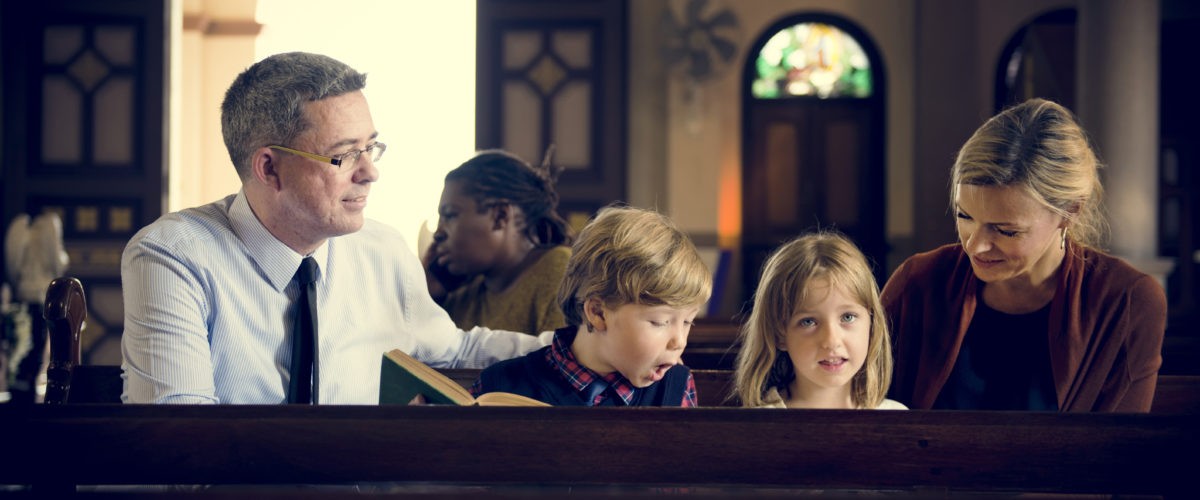Most American teens share the religious identity of their parents, and many attend services as often as the adults in their lives, according to a new survey.
The Pew Research Center study reported that 81% of Catholic teens adhere to the faith of their parents or guardians. Evangelicals were next at 80%, followed by mainline Protestants at 55%.
Leading the way, however, were teens with religiously unaffiliated parents, at 86%.
“Protestant parents are likely to have teens who identify as Protestants, while Catholic parents mostly have teens who consider themselves Catholics, and the vast majority of religiously unaffiliated parents have teens who describe themselves as atheists, agnostics or ‘nothing in particular,’” the study’s authors reported.
Attendance at religious services roughly followed the same pattern, the survey found. “On the whole, U.S. teens attend religious services about as often as their parents do: 44% of U.S. teens say they go to religious services at least once a month, almost exactly the same as the share of their parents who say they attend monthly (43%).”
The survey evokes issues all too familiar to clergy who serve in youth ministry, a field that today includes working with parents as much as with teens, said John Uldrick, minister for students and missions at First Baptist Church in Rome, Ga.

John Uldrick
“It is short-sighted for youth ministers to say their only job is to connect with students,” he explained.
The trends uncovered in the survey testify to the importance parents play in their children’s spiritual development, he added. “It makes sense. Scripture teaches that primary responsibility for religious education falls to the family. This data doesn’t surprise me, especially as it relates to teens taking after their parents and what their parents believe.”
The bigger question is about retention and whether youth are internalizing the Christianity they are accepting from their parents, he said. “The pivot point is this: have those teens been given the ability to make a shift and contextualize the faith for themselves?”
Pew did ask youth and parents how important religion is to them. It found that teens are much less likely than their parents to say religion is “very important” to them.
“For example, 80% of parents who say that religion is either ‘not too important’ or ‘not at all important’ in their life have a teen who feels the same way, while 45% of parents who say religion is ‘very important’ have a teen who takes the same view,” Pew reported.
Faith has to be a subject consistently and intentionally discussed in the home, Uldrick said. That should include sharing how belief, Scripture and church are meaningful to parents.
“Rarely do I find a student involved at church whose parents aren’t deeply engaged in the life of the church,” he said. “But it only takes a generation or two for ‘normal’ to become church attendance two Sundays a month.”
Monthly or bimonthly attendance has become the norm for many teens and parents who consider themselves active in church, said Sharon Felton, minister to students at Faith Baptist Church in Georgetown, Ky.
Another reality is that parents are rarely discussing the meaning and value of faith with their children, she said. “So many parents have decided it’s not their job to parent their children about church.”
Many parents are less involved in other areas of traditional church life, she added, noting it has become increasingly difficult to recruit parents to attend youth camp as chaperones.
Even dedicated teens fade away from regular church attendance due to sports leagues or other commitments, Felton said. “A lot of times they drop off when they get their (driver’s) licenses and they get jobs.”
Many of these parents “love their church, but they are so busy they cannot invest in the church like their own parents did. Then the teens see their parents’ priorities and make the same decisions.”
This is why Felton said she takes most surveys about religion with a grain of salt. “I think people like to say they are more religious than they really are because it makes them feel good.”


